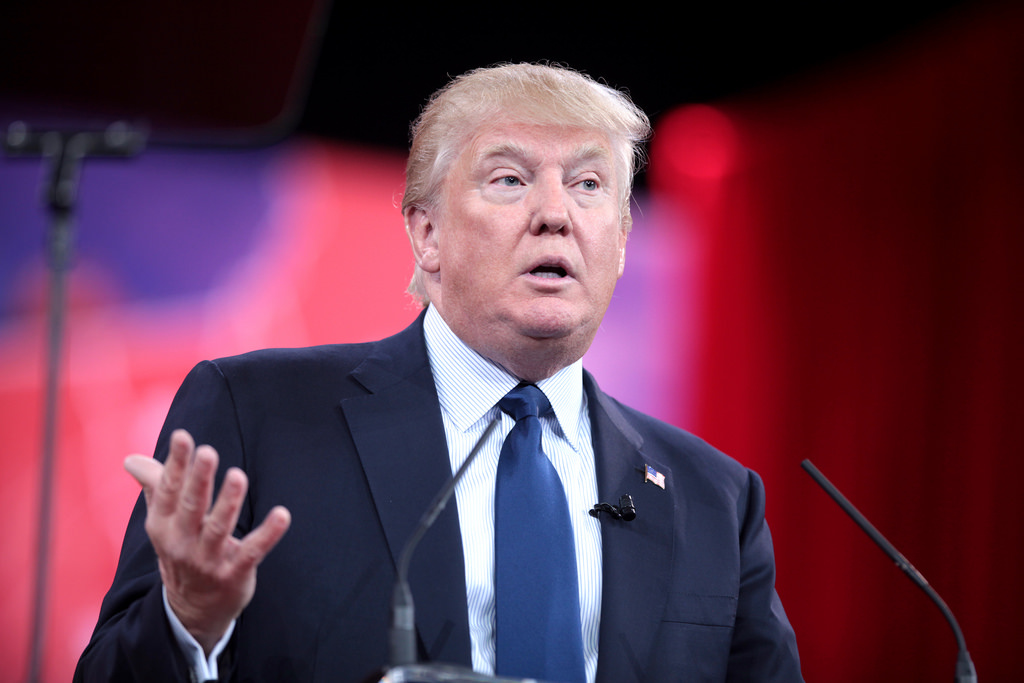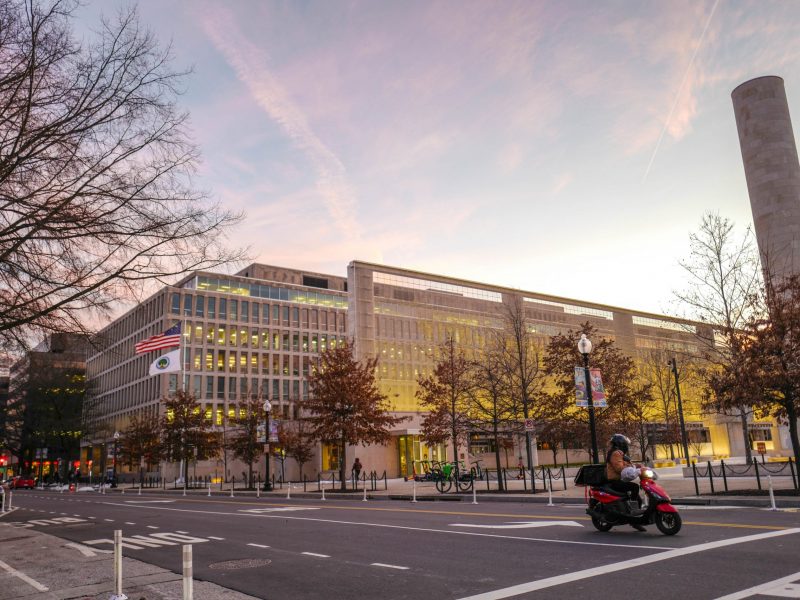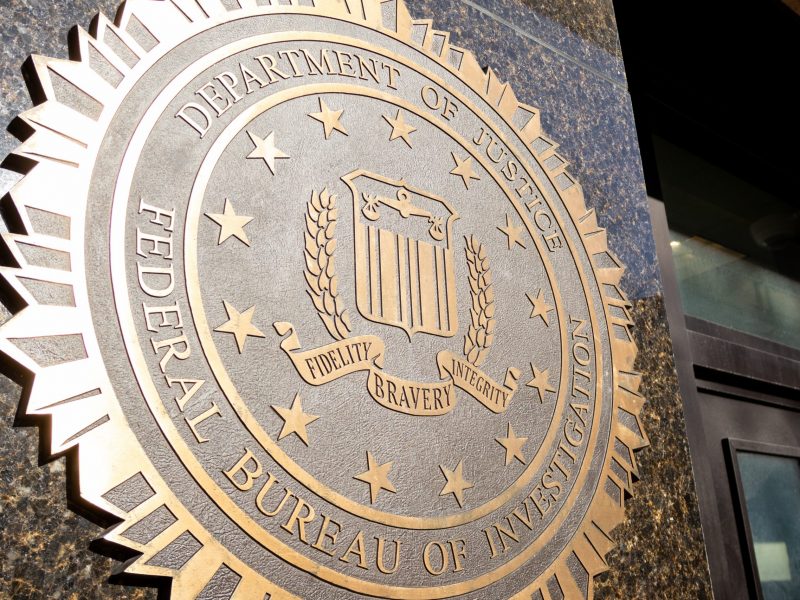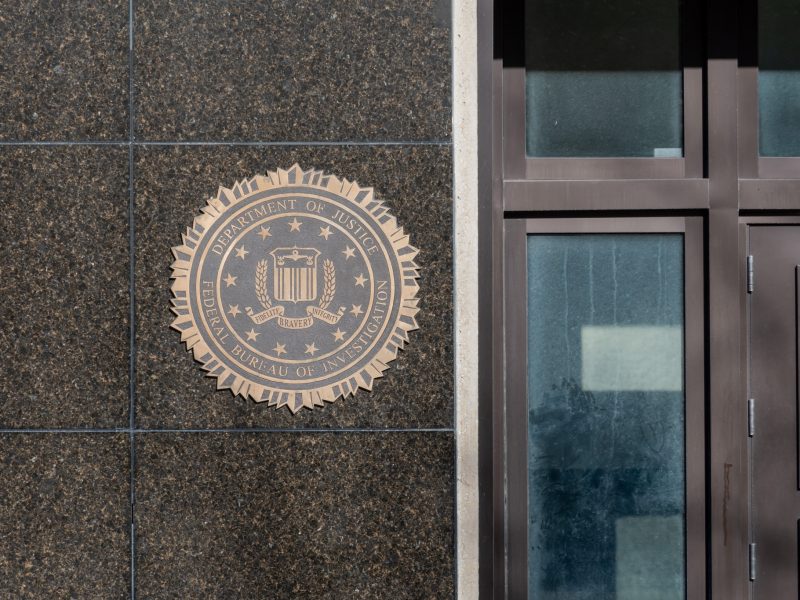In an overwhelmingly Democratic state, President Trump’s approval ratings in Maryland fall well below the national average.
Trump has a 64 percent disapproval rate in this state, compared to 50 percent nationally, according to a Goucher College poll released Thursday. Twenty-nine percent of Marylanders approve of Trump’s performance, according to the poll.
This comes as no surprise to sophomore computer science major Alexis Ferrante, who said this level of opposition coincides with the state’s left-leaning history. A Republican presidential candidate has not won in Maryland since 1988, when George H.W. Bush was the party’s nominee.
[Read more: Maryland Gov. Larry Hogan faces resistance for not taking a stance on Trump’s policies]
Trump’s ratings “just sound logical,” Ferrante said. “It makes sense that the majority of Maryland is going to disapprove of him because of how Democratic the state is.”
Among Democrats, 7 percent approve of Trump, while 88 percent disapprove, according to the poll. Seventy-one percent of Maryland’s registered Republicans said they approve of Trump’s handling of the presidency.
In the 2016 presidential election, former Democratic presidential candidate Hillary Clinton won the state’s 10 electoral votes. About 60.3 percent of Marylanders cast votes for Clinton, compared to the 33.9 percent who voted for Trump.
While several of this state’s Democratic lawmakers have spoken out against Trump’s policies, Gov. Larry Hogan has yet to take a stance, causing criticism and protest from state residents.
Three female activists interrupted a Wednesday Board of Public Works meeting in Annapolis, urging him to denounce Trump, The Washington Post reported.
[Read more: “We will fight it”: Maryland politicians lambaste Donald Trump’s immigration bans]
“I think the people elected me to do a job here in Maryland, which we’re focused on,” Hogan said. “I didn’t run for president, and they didn’t hire me to protest every day against everything that happens in Washington.”
Police and Hogan’s protection detail sent the group out of the meeting, and Hogan offered to speak with them afterward, according to The Baltimore Sun.
The advocacy groups, Progressive Maryland and Indivisible, took part in coordinating the meeting interruption, The Post reported.
While Hogan refuses to take a stance on Trump’s actions, his sights are set on reelection, aiming to be the first Republican governor in the state to serve a second term in more than 60 years.
“There’s a chance people will be outraged enough to vote him out of office, but right now, I think a lot of the things he’s done have gone relatively unchallenged by the public,” sophomore government and politics major Amelia Avis said. “Unless we see a huge outpouring of frustration with his administration, enough so that voters in urban centers and poorer areas are mobilized to vote against him, there’s a good chance he’ll be re-elected.”
Avis said she sees Hogan’s silence as a way for him to maintain his statewide approval rating, which stood at 74 percent as of Jan. 5, according to a Gonzales Research poll.
“I think his recent implied support of Trump will only increase the hostility between him and the legislature, which will make it difficult for him to pass his agenda,” Avis said.



